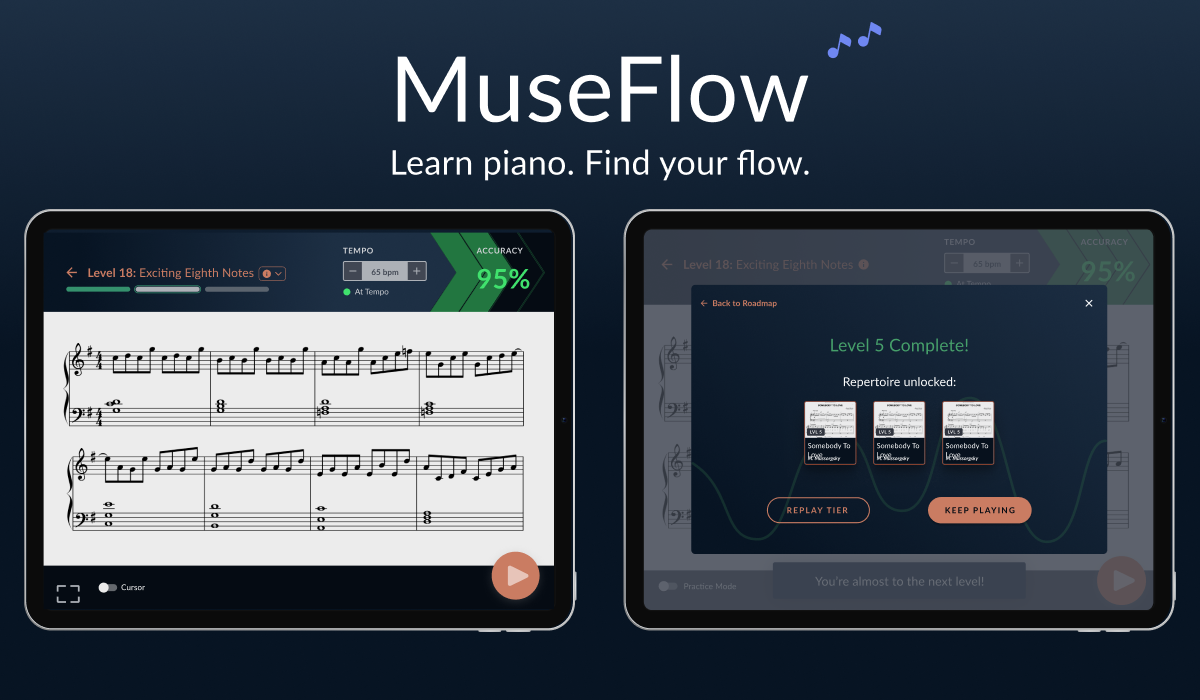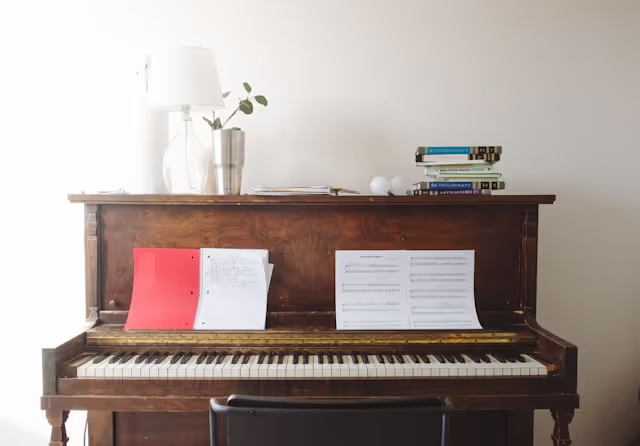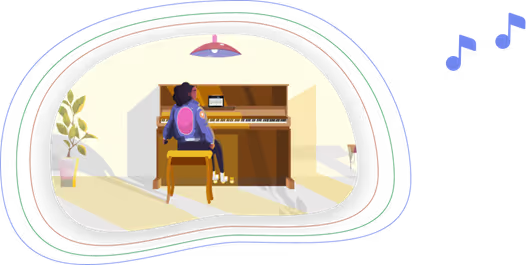How to Start Learning Piano from Scratch - With MuseFlow
Learning to play the piano from scratch can be an exciting and fulfilling journey, but it will also feel overwhelming if you don't know where to start... Thankfully, MuseFlow is here to make the process smooth, enjoyable, and effective! Whether you're a complete beginner, intermediate, or advanced plater, the new piano learning app provides all the tools and support you need to start and continue your musical journey. Find out below how to get started learning piano from scratch with MuseFlow.
Step 1: Download and Set Up MuseFlow
Setting up MuseFlow is straightforward. The app will guide you through the initial setup process, including connecting your MIDI keyboard. There is a 7-day free trial so you can take your time and test the software before making any payments. The team will also always be there to help you if you have any questions setting up the new app.
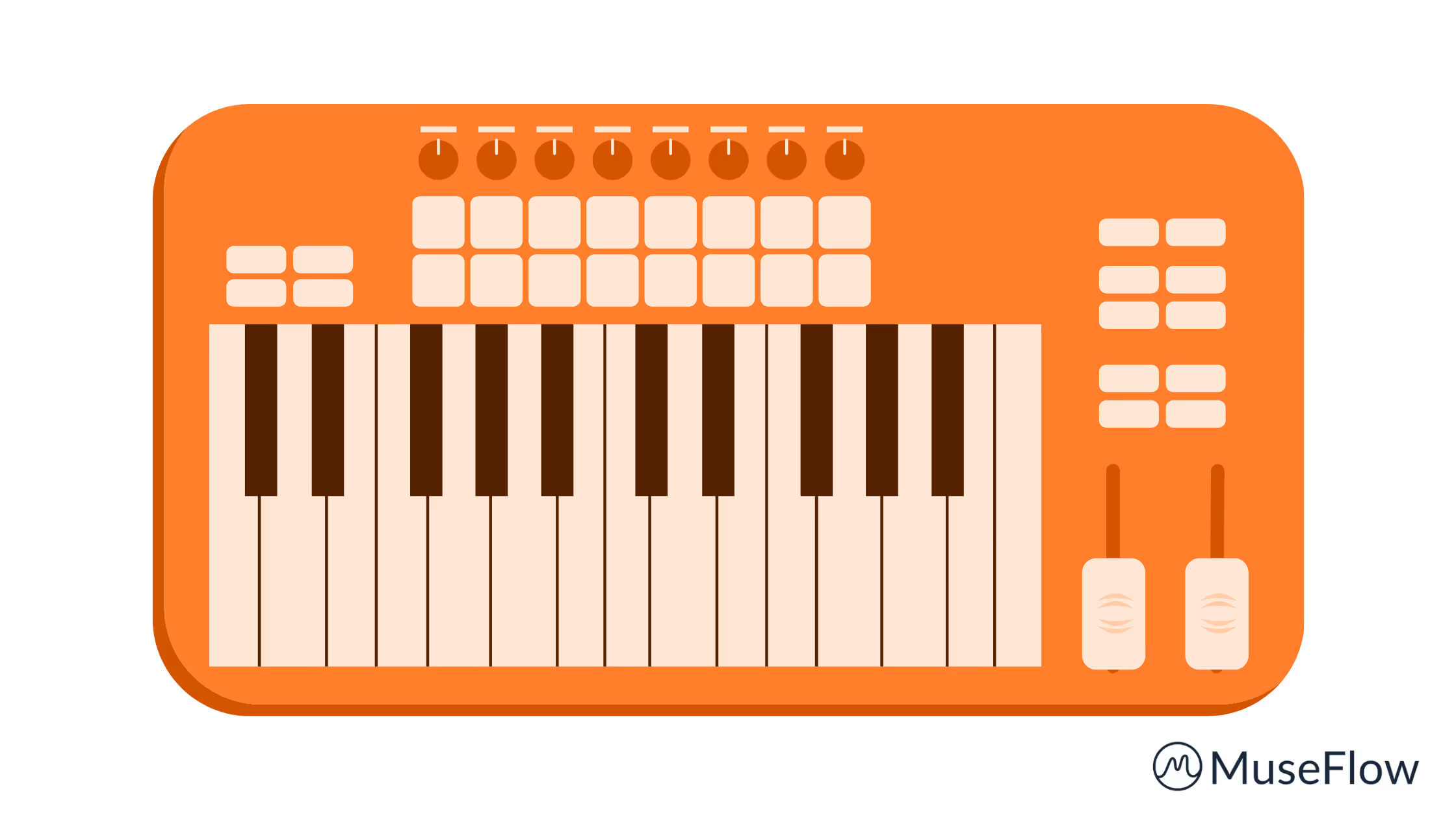
Step 2: Start at any level - Take an Initial Assessment
MuseFlow begins with a self-guided initial assessment to analyze your current skill level. This assessment is important for creating a personalized learning path tailored to your specific needs. You get to choose where in the curriculum you'd like to start. You can go through all the levels, seeing which one is best suited for you to start at. Note that each tier gets progressively harder in each level, so that by the of the level, you're playing the new skill within the context of the known knowledge you've gained from the rest of the curriculum so far. Don’t worry if you’re a complete beginner— MuseFlow is designed to be easy and straightforward. You can start from level 1 which is 1 note, two hands, and three rhythms.
During the assessment, you’ll be asked to play a few notes and rhythms. MuseFlow’s AI will analyze your performance to understand your starting point. This information helps the app customize each level to match your abilities, making sure that you start at the right level and progress at your own pace. This helps you learn faster or learn slow; you can learn at your preferred speed! How cool is that?!

Step 3: Personalized Learning Path
Once the assessment is complete, MuseFlow will create a personalized learning path just for you. This path includes a series of lessons and exercises designed to build your skills gradually... Each lesson focuses on a specific aspect of piano playing, such as note recognition, rhythm, hand coordination, and music theory. If you're better at one than the other, the app will automatically adjust your lessons.
These lessons are interactive and engaging. This makes learning fun & effective. The California headquartered company built the app so that it uses a combination of interactive video tutorials, practice exercises, sight reading lessons, and repertoire (songs), to reinforce your understanding and help you master each concept. The best part? You’ll receive instant feedback on your performance, allowing you to correct mistakes and improve quickly...that's why so many users call it the best piano lessons app.
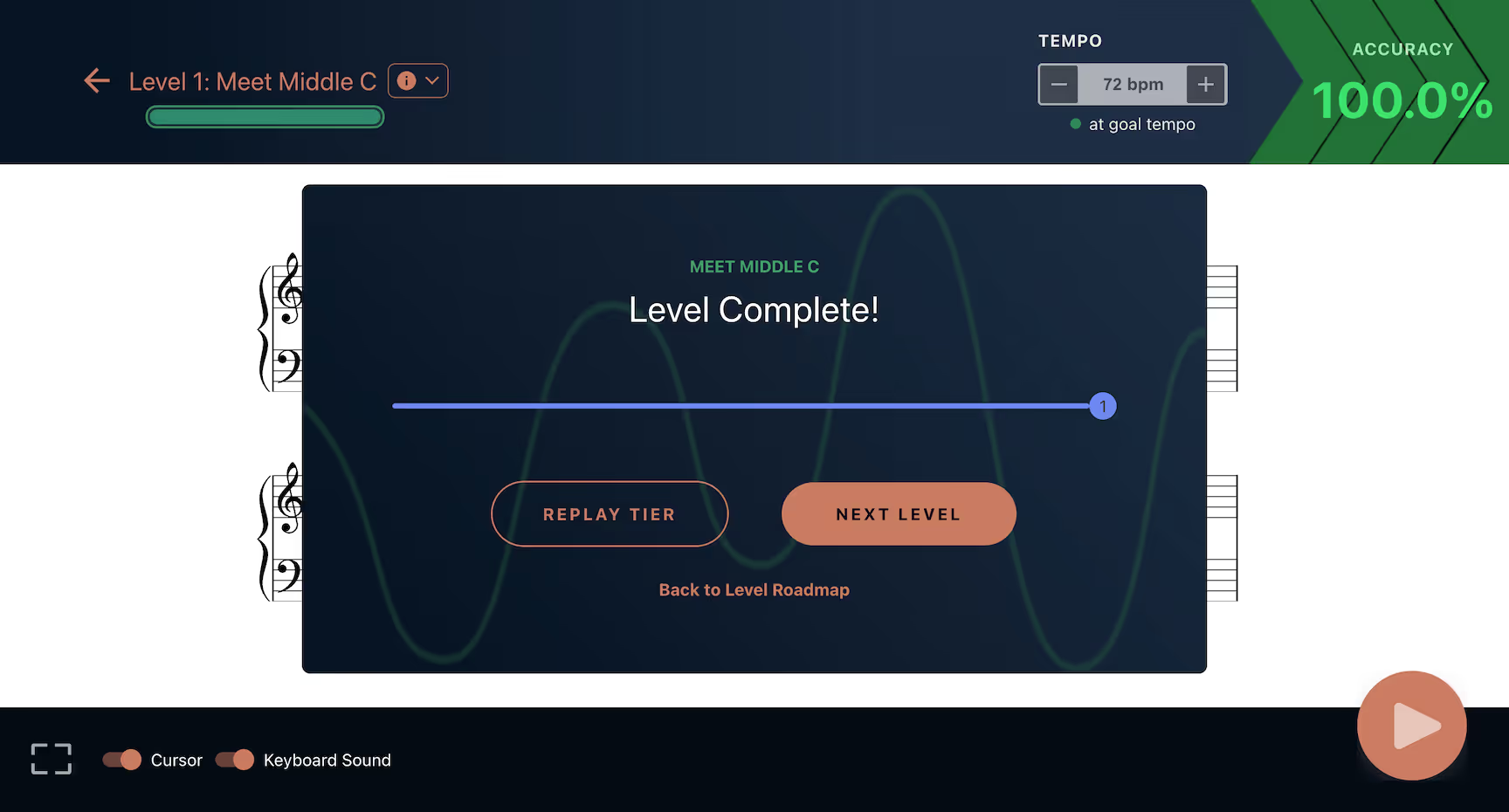
Step 4: Embrace the Flow State
You can already hear it in the the name MuseFlow. It's called that because the app is designed to help you achieve a flow state—a mental state of complete immersion and focus. We've all been there before, in that state. The app continuously adapts to your skill level, providing just the right amount of challenge to keep you engaged without feeling overwhelmed.
When you’re in flow state, you’ll find that time flies by, and you’re fully absorbed in your practice. You've probably been there before while doing something your really enjoyed, and time just flew past. This state of deep concentration not only makes learning more enjoyable but also enhances your ability to retain information and develop skills quickly.
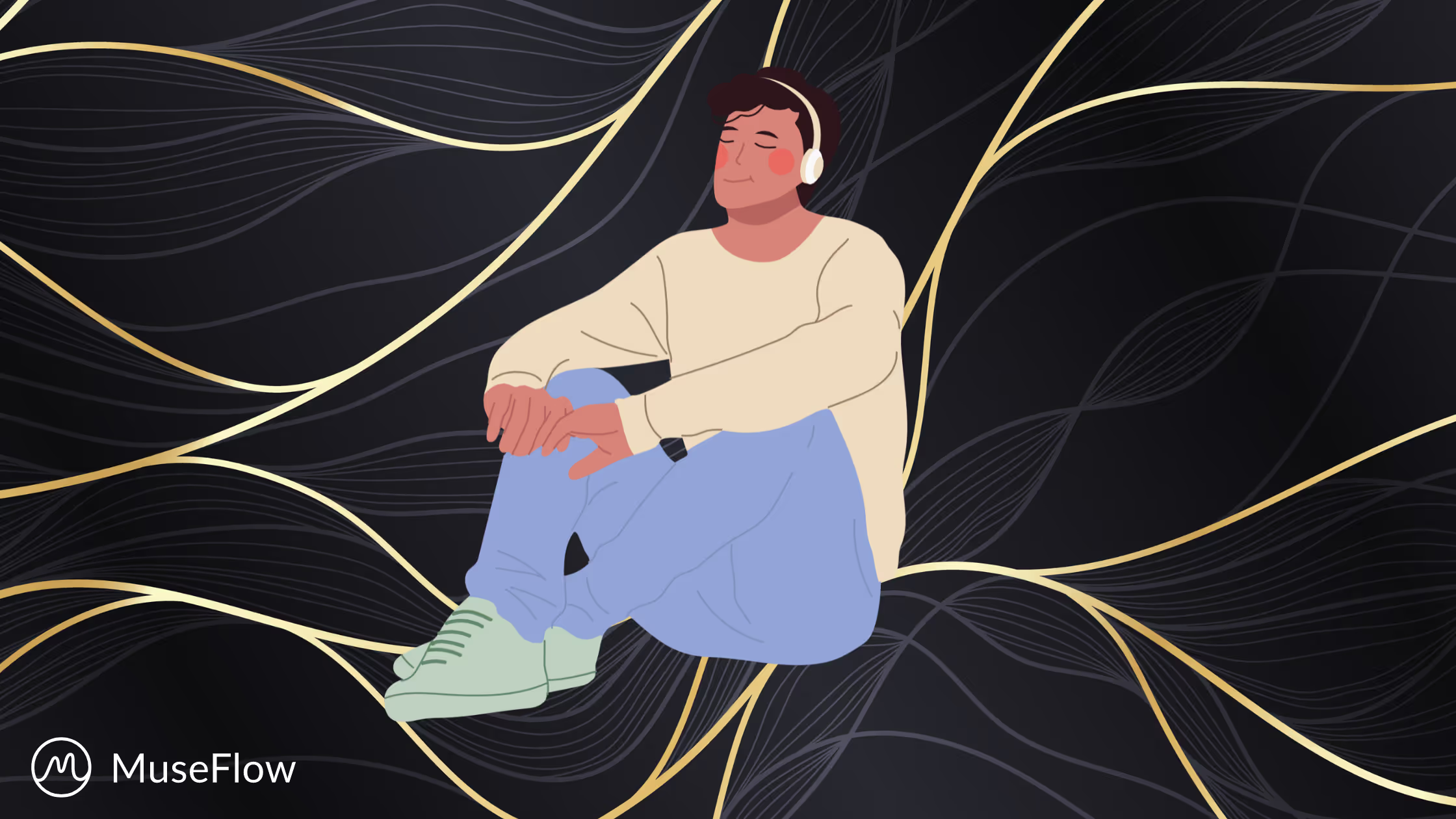
Step 5: Utilize the Real-Time Feedback
Customers love this unique feature, the real-time feedback system. As you play, the app listens to your performance and provides instant corrections on notes, timing, & technique. This immediate feedback is like having a personal tutor available 24/7; a personal tutor that is friendly and has patience for you.
Pay close attention to the feedback and use it to adjust your playing. This is the fastest way to learn. Correcting mistakes as they happen helps you develop proper techniques and prevents bad habits from forming. This real-time feedback really makes sure that your practice sessions are effective & productive.
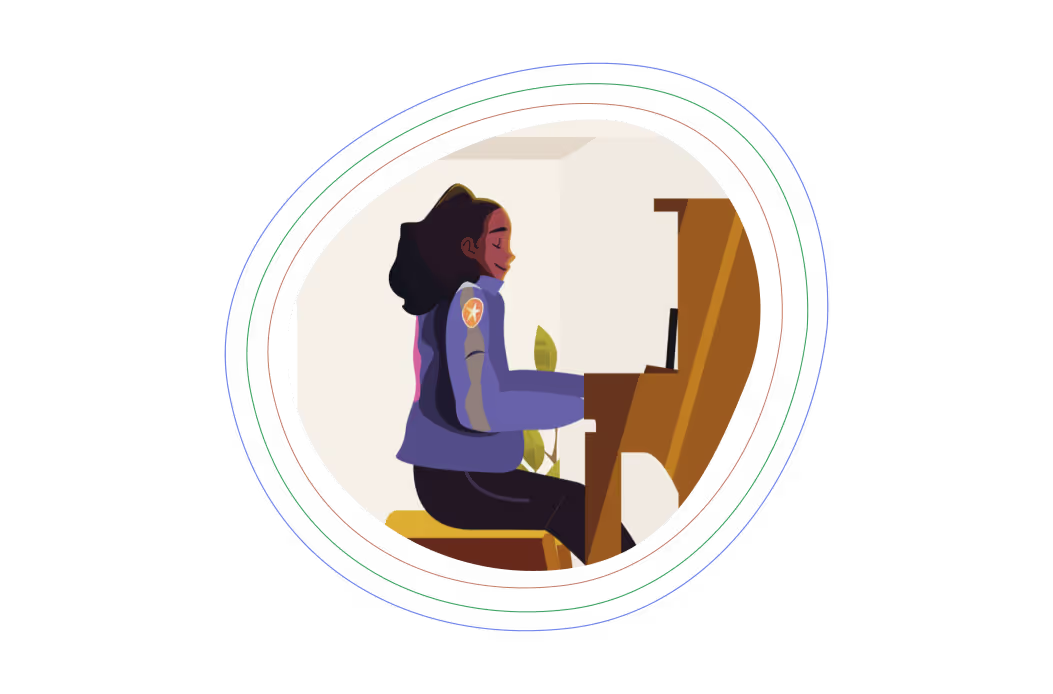
Step 6: Practice Regularly
Consistency is key to learning any new skill, and playing the piano is no exception. Think about anything that you're really good at... growth comes from doing it regularly. That's often the hardest part to learning. MuseFlow makes it easy to incorporate regular practice into your personal routine... The app’s flexible design allows you to practice anytime, anywhere, whether you have a few minutes during a break or a dedicated session in the evening.
Set aside a specific time each day for practice, and stick to it. As you keep doing it, the routine will build up. Even short, daily practice sessions can lead to significant progress over time... MuseFlow’s gamified elements, such as progress bars and levels, help keep you motivated and make practice sessions enjoyable.
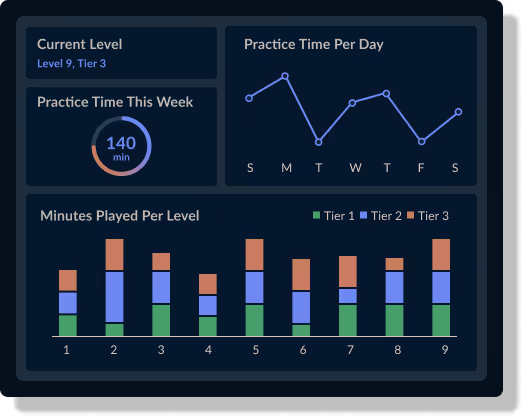
Conclusion
Starting to learn piano from scratch will be an incredibly rewarding experience, especially with the right tools and support. Learning a new skill and get great at it is one of the best feelings you can have. MuseFlow makes the journey accessible & enjoyable by providing personalized learning paths, real-time feedback, and a supportive community. By following these steps you’ll be well on your way to becoming a confident and skilled pianist.


.svg)

.jpg)

